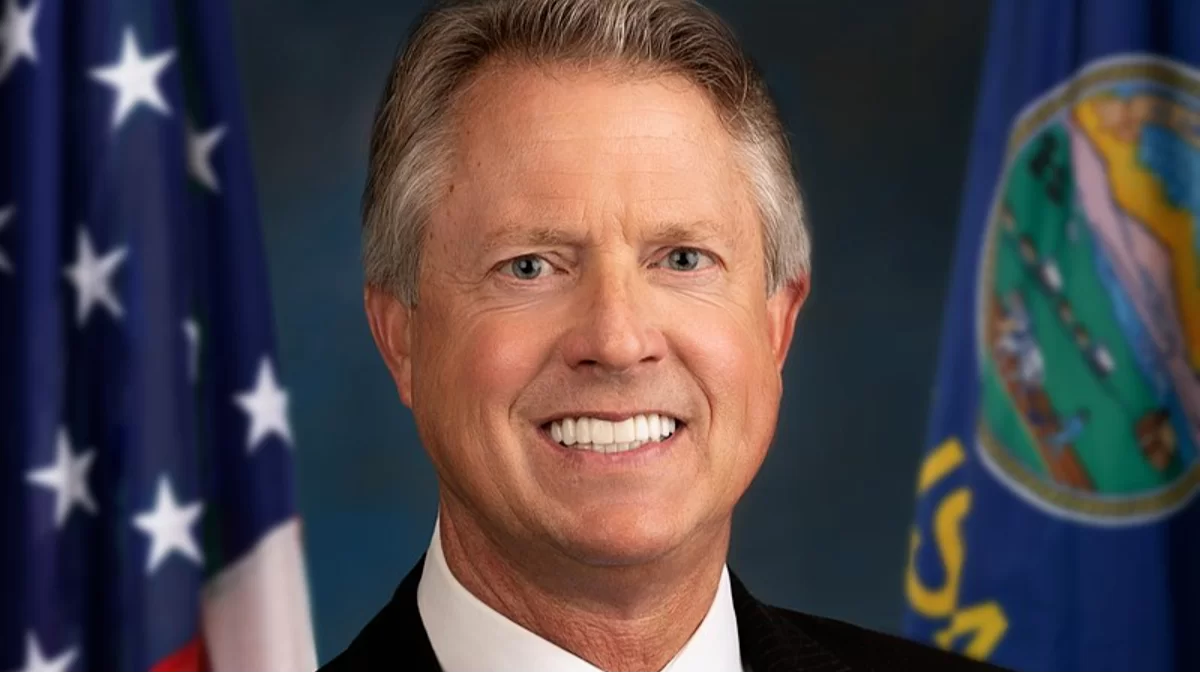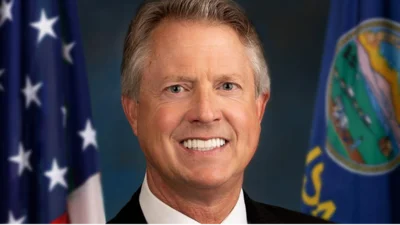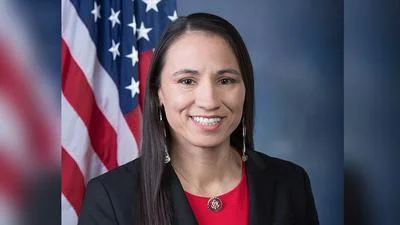Senator Roger Marshall, US Senator for Kansas | Official U.S. House headshot
Senator Roger Marshall, US Senator for Kansas | Official U.S. House headshot
Washington, D.C. – U.S. Senator Roger Marshall, M.D. expressed his disappointment after his proposal to make spending cuts was rejected on the Senate Floor. The Senate ultimately voted in favor of a short-term stop-gap spending bill until March, a measure that Senator Marshall opposed.
In a statement, Senator Marshall made it clear that he despises the use of Continuing Resolutions (CRs) and temporary funding measures that contribute to the nation's growing debt crisis. He stated, "I detest CRs and endless stop-gap funding maneuvers that fuel the flames of our national debt crisis."
However, Senator Marshall acknowledged the challenging political landscape, with the Democrat-controlled Senate and a slim majority in the House. He recognized the limitations in completely overhauling the budget process, which remains his long-term goal. Senator Marshall emphasized, "Right now, I am looking at the cards we’ve been dealt and trying to find an avenue that provides CUTS in spending – an action rarely taken in Washington D.C."
In expressing his concerns about the short-term spending bill, Senator Marshall warned, "A short-term CR is a step towards another Sen. Schumer omnibus." He proposed an extension of the clean CR from March to September, which would result in approximately $100 billion less in spending compared to the current deal being negotiated.
Unfortunately, Senator Marshall's motion to extend the clean CR was unsuccessful. He expressed his disappointment, stating, "I am disappointed our effort failed, and the status quo that has created the worst debt crisis our nation has ever seen prevailed, yet again."
Senator Marshall's efforts to prioritize spending cuts over short-term funding measures reflect his commitment to addressing the nation's debt crisis. However, the current political climate and budget process constraints have made it difficult to achieve immediate and significant change. Despite this setback, Senator Marshall remains determined to continue advocating for responsible spending practices in Washington, D.C.






 Alerts Sign-up
Alerts Sign-up